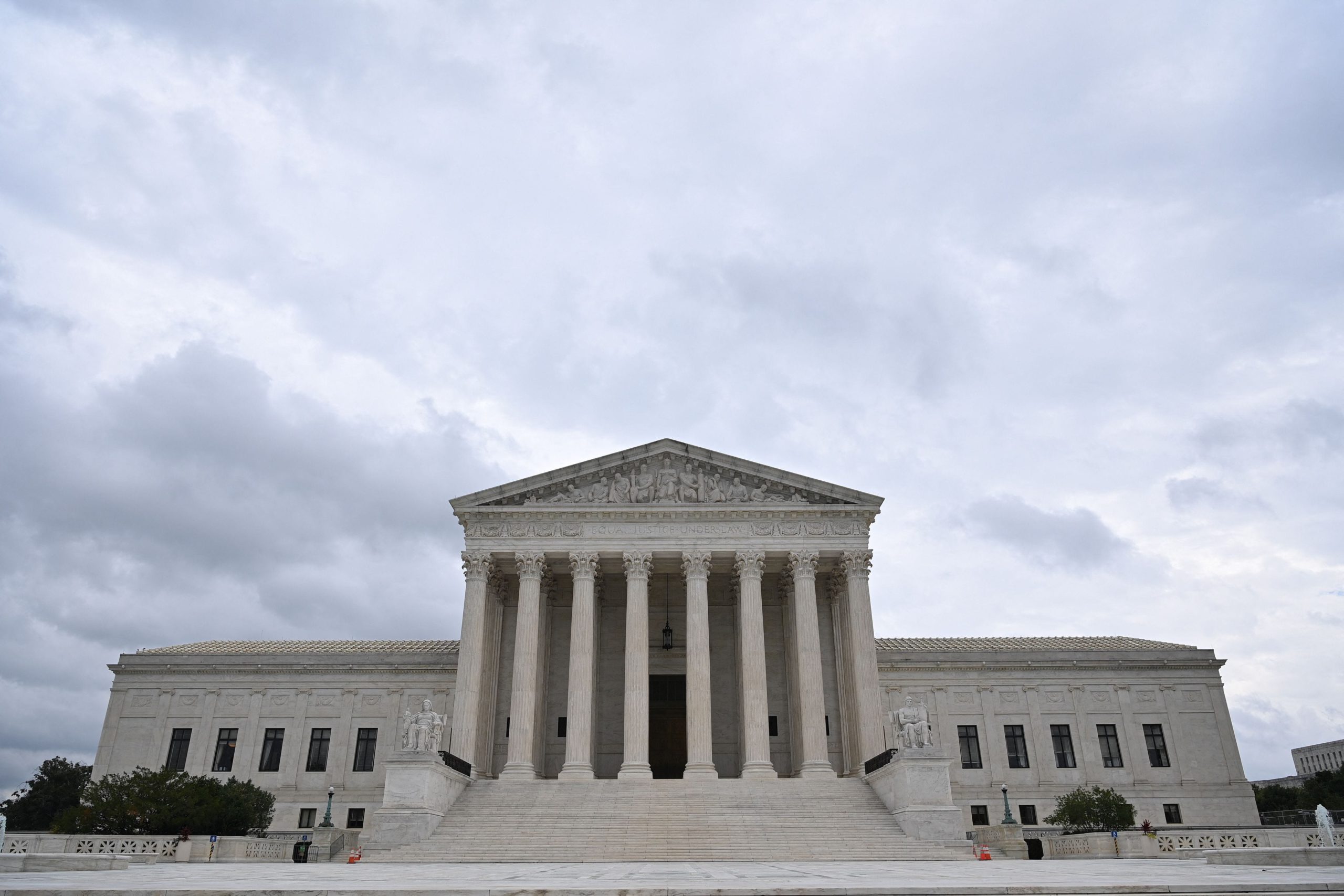WASHINGTON – The commander of the Washington, D.C. National Guard said Wednesday that Pentagon officials delayed giving him authority to dispatch 155 troops to the Capitol on Jan. 6 by more than three hours, time that could have been used to shore up defense of the building during the deadly insurrection.
Maj. Gen. William Walker told a Senate hearing that then-Capitol Police chief Steven Sund had pleaded with him by phone to send in troops shortly before 2 p.m. on Jan. 6. It wasn't until after 5 p.m. that senior Pentagon officials allowed him to send the reinforcements.
"That number would have made a difference,” Walker said. "At that point seconds mattered; minutes mattered."
Walker said the delayed response was markedly different than the Guard's deployment to social justice protests last summer when troops were dispatched immediately to downtown D.C.

Walker said Wednesday that senior Army officials were concerned during a conference call about the appearance of troops at the Capitol, Walker testified. The officials worried, Walker said, that the troops could "incite the crowd."
The commander's remarks come as a joint Senate committee continues its investigation Wednesday, as lawmakers were also hearing from the Department of Homeland Security, the Pentagon and the FBI.
Threats against lawmakers up 93%
In other testimony, Acting Capitol Police Chief Yogananda Pittman said Wednesday that threats against lawmakers have nearly doubled during the first two months of the year, compared to last year, and strained the force’s resources in the aftermath of the Jan. 6 riot in an environment that is a “very real and present danger.”
In prepared testimony before a House committee, Pittman said that threats to members of Congress have soared by 93% in the first two months of the year. Between 2017 to 2020, she said threats were up 118%.
"While we have complemented our increased posture with the leveraging of federal, state and local law enforcement partnerships with the collective goal of protecting the Congress away from the Capitol Grounds, the number of agents required to provide an appropriate level of analysis, protection and enforcement necessitates a significant increase in personnel based on the threats trends year-over-year," Pittman said.
On Tuesday, FBI Director Christopher Wray provided a daunting assessment of the current domestic terror threat, telling the Senate Judiciary Committee that domestic terror investigations in recent years have doubled to 2,000 cases.
Pittman, meanwhile, said the number of agents required to analyze threats, and provide protection and enforcement has grown markedly since the Capitol assault. The department needs 80 officers on stand-by at all times to deal with the threat of domestic terrorism, she said.
“The USCP is steadfast in ensuring that an incident of this nature will never occur again, especially with the realization that the possibility of a similar incident occurring in the current environment is a very real and present danger,” Pittman said.
About 140 officers were injured on Jan. 6 and one died. Two others died later by suicide. The department has provided counselors to officers and their families. The department also has provided over 20,000 nights in hotel room stays for its personnel and has served nearly 70,000 daily hot meals over the past six weeks, Pittman said.
“In the wake of the insurrection attempt, the Department has invested additional resources, with the generous support of the Congress, to ensure that our officers have the support services they need as they continue to process what occurred,” Pittman said.
About 340 National Guard troops had been on duty in Washington on Jan. 6, as requested by Washington, D.C. Mayor Muriel Bowser. They had been assigned to traffic control, not protecting the Capitol.
Wednesday’s hearing needs to determine why the Pentagon took hours to send more National Guard troops to the Capitol after it was clear insurrectionists had overwhelmed police, said Sen. Rob Portman, R-Ohio.
More than 25,000 National Guard troops flowed into Washington days after the attack to secure Washington and more than 5,000 remain, Robert Salesses, a senior Pentagon official for homeland security told the committee.
Source link









